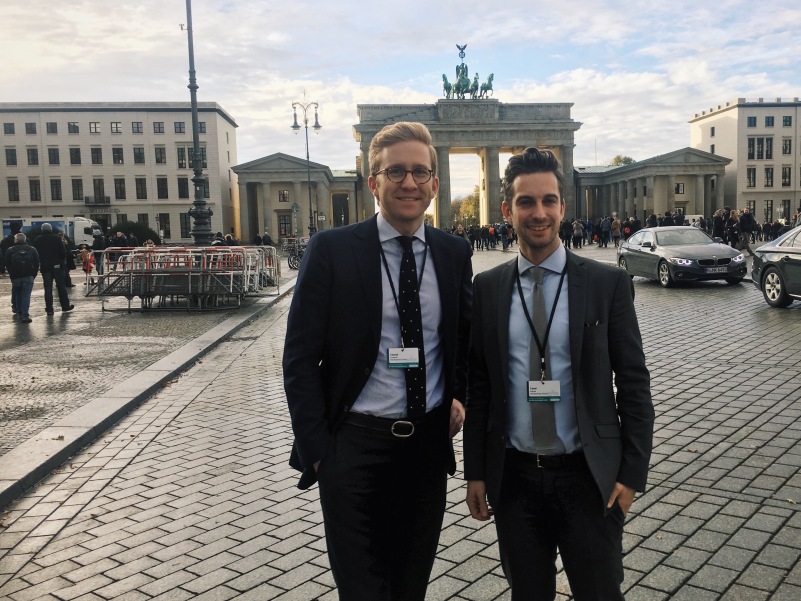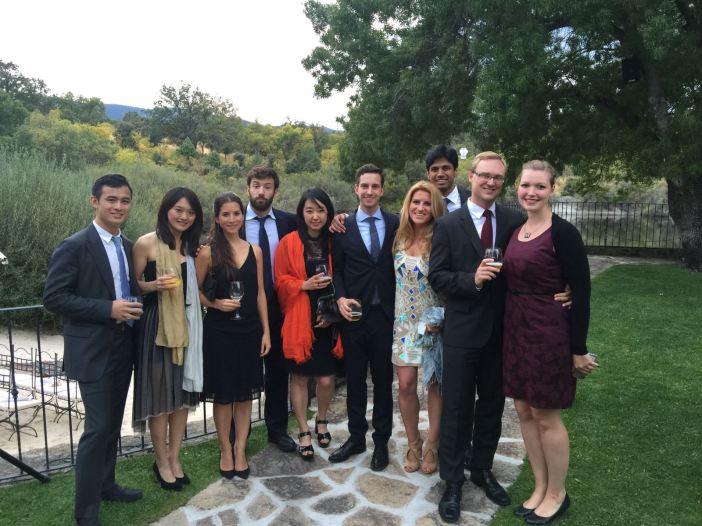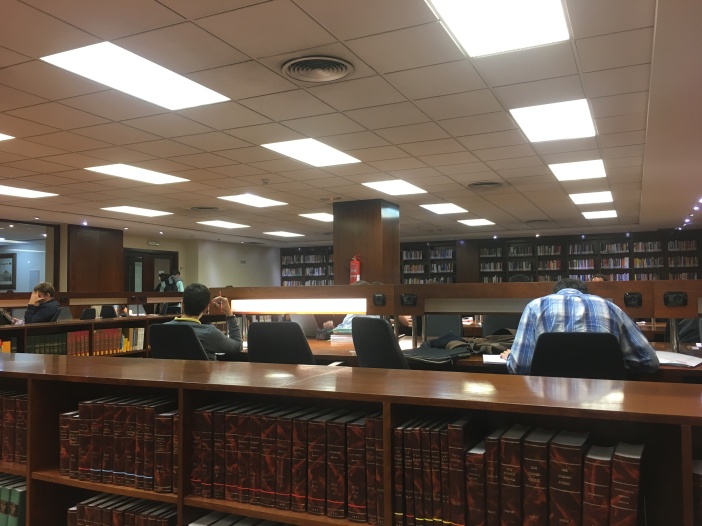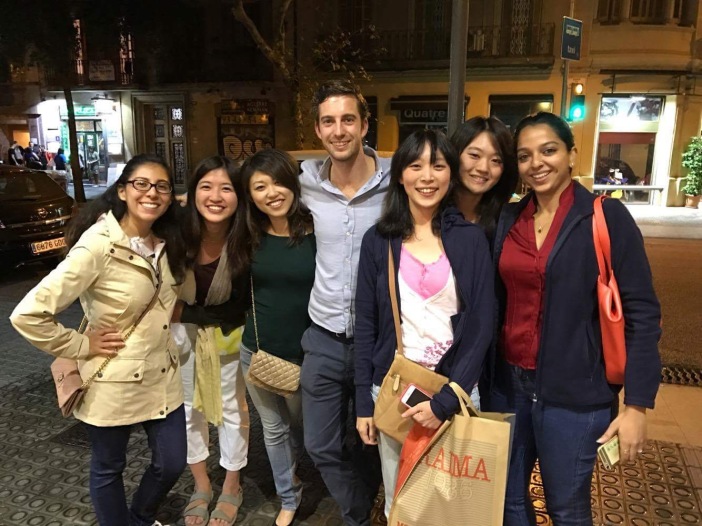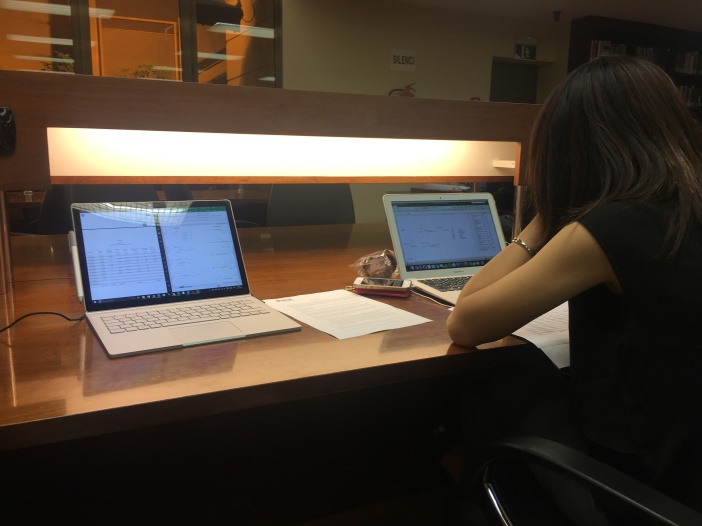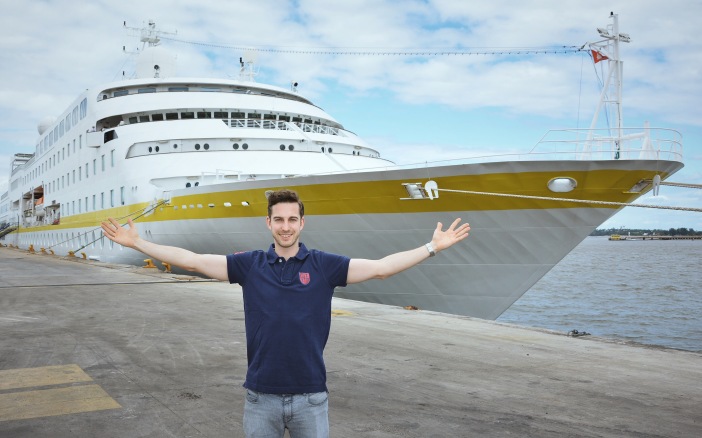Consulting season is finally over and I’m walking out with an offer in my hand! I will intern for 10 weeks in summer at McKinsey Germany.
This offer was absolutely not easy to get and I had to put in tons of work to achieve it. Basically, I did nothing else than 100% consulting preparation from right after the final exams mid December until the first round interviews on campus mid January. And at that point I had already visited numerous company presentations, consulting workshops and had done around 10 mock interviews.
Preparation
To give you an idea what awaits you if you plan to shoot for the consulting industry, here a summary of what I did to prepare myself:
General preparation
I read Case Interview Secrets by Victor Cheng (my base – very helpful), Case in Point by Marc P. Cosentino (good for additional insights) and Crack the Case (good to gain yet another view) by David Ohrvall. Then I also listened to the Look Over My Shoulder series by Victor Cheng, which I found VERY helpful to understand how a natural progression through the interview should sound.
IESE and the Consulting Club provided us with four full day workshops from an ex-McKinsey trainer, and organized various spot workshops by individual consulting companies. This gave a good outline and guided us along the way. It was definitely helpful to get that gentle push in the beginning to start working.
Mock interviews
I did 45 mock interviews in total. At first with direct peers and later more and more with 2nd years who volunteered to support in the process. I also did a mock with IESE’s consulting career officer, one with a professional coach from Management Consulted, two with experienced professional interviewers via Evisors (paid by IESE) and finally one with a current McKinsey employee who offered to help me. These professional interviews are particularly important because they offer you a more realistic view that isn’t biased by the school preparation system.
Each mock interview took 45 to 60 minutes and involved the whole process from understanding, structuring, solving, and recommending.
Fit interviews
When the real interviews came closer, I shifted my focus more towards the fit part. To get my personal stories straight I sat down for hours, just reflecting upon past experiences and assessing how they would fit to the various questions out there.
Once I had the most important stories developed, I tested them on real people to a) get used to tell them b) make them more concise and c) receive feedback on content and delivery. All in all I did around 10 full fit interviews and a few short questions before the case mock interviews.
Math preparation
Math mistakes or general un-ease with numbers can break your case interview, so I practiced my mental math skills heavily. First I read on various tips and tricks to do math without a calculator more effectively and quicker, then I practiced simple addition, subtraction, multiplication, and division techniques, and later I focused on percentages, break-evens, return-on-investment, and NPV (Net Present Value) calculations.
To make it more effective, I hired a Skype math coach to drill these concepts and challenge me with calculations. I spent 10 hours with him just discussing ways of how to approach various types of math problems and getting more comfortable in solving them.
The most important benefit of all this practice was confidence – knowing that I can solve all kinds of math problems made me calm and comfortable in doing it under pressure in the interview.
Websites
These websites were helpful on my journey:
www.rocketblocks.me – sponsored by IESE; for structuring, mental math techniques and mostly for math drills
www.preplounge.com – to gain a different perspective by doing mock interviews with people outside of the school; articles, and math prep tool
www.managementconsulted.com – articles and workshops (I had full access because I paid for one coaching session)
I strongly believe that the work you put in, directly translates into a better performance in the interview. However, it is extremely important to stay yourself and not to fall into the trap of losing your natural touch by over-engineering your responses. The firms look for real persons who know how to behave in real-life situations.
Interviewing
Interviewing took place in two stages:
First round interviews on campus
The first interviews took place on campus and consisted of 2 interviews with fit and case part. I interviewed with an Irish interviewer from the London Office and a German from the Düsseldorf office. Both were extremely friendly and really made the experience enjoyable. I heard back the next day via telephone and received the message that I passed to the second round.
Second round interview at McKinsey in Munich
For the second round, McKinsey flew me from Barcelona to Munich on a Thursday, put me in a hotel for the night, and invited me to the office on Friday morning. I did 3 more interviews and was ready to continue with more after lunch. Surprisingly, when the partner sat down with me for interview number 4, he just said that they were happy with my confident and focused interviews, and that he would like to extend an offer for the internship. In that moment I was incredibly happy and relieved, knowing that all the hard work had paid off.
I accepted the offer just a few days later and am now looking forward to see what the consulting life is really all about.












